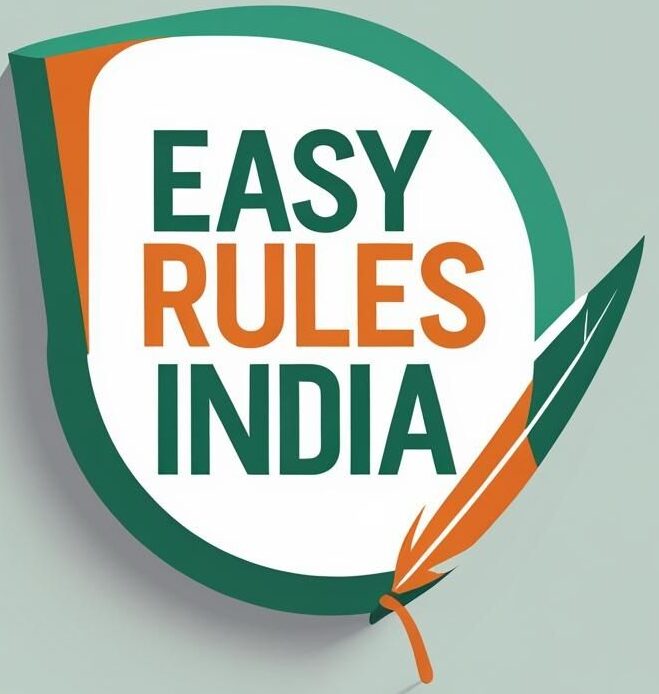India’s used vehicle market is booming—with cars and bikes showing striking growth in 2025. Driven by affordability, digital platforms, and financing options, both markets are redefining mobility across the country. Here’s a deep dive into their size, drivers, and future potential.
Section 1: The Used Car Market in India — A New Reality
Market Size & Growth
- A Crisil report projects used car sales to cross 6 million units in FY2025—a growth rate of 8–10%, ramping up from the 5% annual average in 2017–24
- Valued at a staggering ₹4 lakh crore, the used car market now nearly equals the value of new car sales
- Leading research firms show rapid revenue expansion:
- Mordor Intelligence values the market at USD 36.39 billion in 2025, projecting it to exceed USD 73.52 billion by 2030 (~15% CAGR)
- IMARC Group sees similar growth—with the market expanding from USD 36 billion in 2024 to USD 101 billion by 2033 (CAGR 12.3%)
- Grand View Research forecasts a revenue jump from USD 103.8 billion in 2024 to USD 192 billion by 2030 (CAGR ~10.7%)
- Virtue Market Research estimates USD 45 billion in 2024, growing to USD 73.5 billion by 2030 (CAGR ~10.3%)
Market Dynamics & Drivers
- Value-Seeking Buyers
As new cars become costlier due to safety norms and emissions policies, pre-owned cars offer great value. Buyers often get premium models at lower prices - Digital Platforms & Trust
Platforms like Cars24, Spinny, Truebil, and CarTrade have formalized the market with inspections, warranties, and transparent pricing - Financing Made Easy
Used vehicle financing is now available via NBFCs and fintechs, making used cars affordable even in Tier-2/3 regions - Quick Upgrades & Replacement Cycle
Average vehicle age has decreased to 3.7 years, pointing to faster renewal cycles due to aspirational and utility-driven replacement behavior - Segment Trends
- Micro/hatchbacks dominate (~34%), but SUVs are growing fast (~16% CAGR)
- Organized players hold ~29%, with unorganized still at 71%—though organized channels are rapidly rising
Comparison with Global Markets
- India’s used-to-new car ratio of 1.4:1 still trails behind mature markets like the US (2.8:1), UK (4.1:1), and others
Section 2: The Used Two-Wheeler Market — Quietly Massive
Market Size & Outlook
- While exact 2025 numbers are hard to pinpoint, the overall two-wheeler industry grew 15–17% in 2024. A moderate growth of 2–4% is expected in 2025
- For the used segment forecast:
- The used two-wheeler market is expected to reach ~55.8 million units by 2027, driven by demand, urbanization, and rising incomes
- The organized online segment remains small—but urban C2C/B2C sales dominate
Market Structure & Drivers
- Dominance of Unorganized Sales
~99% of used two-wheeler sales happen via unorganized platforms, e.g., local dealers, individual sellers - Urban C2C & B2C Mix
- B2C (dealerships, platform-based) contributes ~57%.
- C2C (friends, classifieds) makes up ~44%
- Key Platforms
Online players like BikeDekho, OLX, and Quikr dominate the organized side, even though it’s small in size - Regulatory & Finance Bottlenecks
Regulatory complexity (vehicle testing, depreciation norms) and limited used-bike financing remain hurdles - EV Transition & Exchanges
Some OEMs (e.g., Ampere) are offering exchange programs—used 2Ws swapped for electric scooters—foreshadowing a blended resale future - Market Evolution
Rising middle-class demand, personal mobility, and affordable financing support sustained adoption in rural and urban areas alike
Section 3: Insights – Why These Markets Are Growing Fast
A. Growing Affordability & Demand
Higher tariffs, emission norms, and fuel shifts make new vehicles costlier, funneling buyers toward reliable pre-owned options
B. Rising Confidence via Quality and Trust
Certified pre-owned programs, inspections, and warranties are boosting consumer confidence in used vehicle purchases
C. Digital Platforms Enabling Reach
Online marketplaces are now essential—not just for vehicle listings, but also for valuation, financing, and doorstep delivery.
D. Financial Inclusion Spreads Reach
Easy financing via NBFCs, banks, and fintech partnerships is making ownership accessible beyond major metros.
E. Changing Consumer Behavior
Increasing preference for EVs (reflected in used EV growth), SUVs, and faster replacement cycles is expanding the market’s product mix
F. Organized Sector Growing Fast
Organized sales, while starting small, are on the rise—offering transparent pricing and structured services that unorganized channels lack
Section 4: Future Outlook & Key Trends
| Market Segment | 2025 Snapshot | Growth Drivers | Future Forecast |
|---|---|---|---|
| Used Cars | ~6 million units; ₹4 lakh crore (~USD 36B) | Digital platforms, financing, CPO growth | USD 70–100B by 2030 (10–15% CAGR) |
| Used Two-Wheelers | Data sparse; overall 2W market grew 15–17% in 2024 | Affordability, financing, rural demand | ~56 million units by 2027 |
| Organized Platforms | ~30% share in used cars; ~1% in used bikes | Trust, financing, certifications | Rapid increase expected |
| EVs & Premiums | Used EVs up-trending; USED SUVs catching value | Affordable upgrade, product mix expansion | Key growth segment in both cars and bikes |
Final Words: Why These Markets Matter
- The used vehicle domain is no longer fringe—it rivals the new vehicle market in size and value.
- Organized, digital-first players have catalyzed trust and efficiency.
- Financing innovations and changing ownership behavior fuel sustained volume growth.
- Bikes and cars both benefit from accessible mobility, but bikes still lag in structure and trust.
